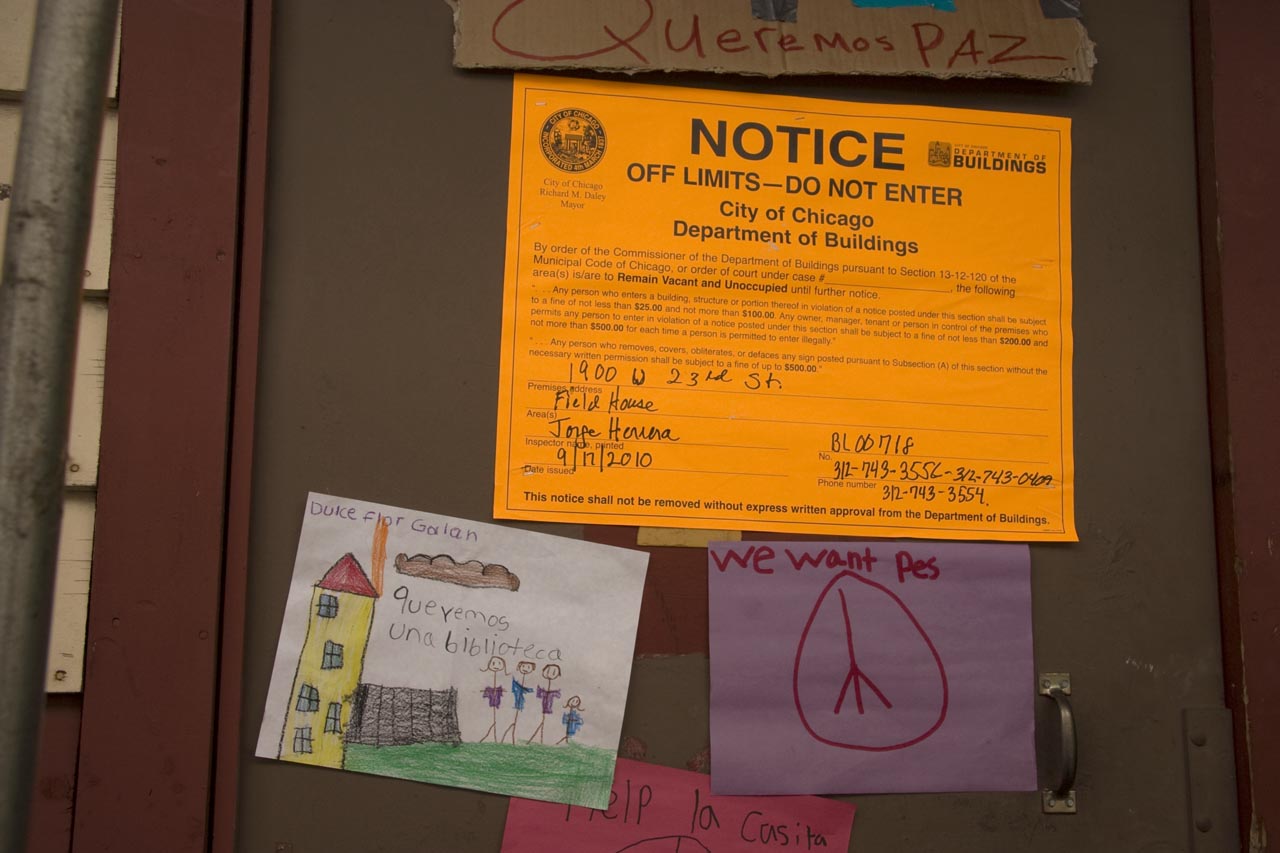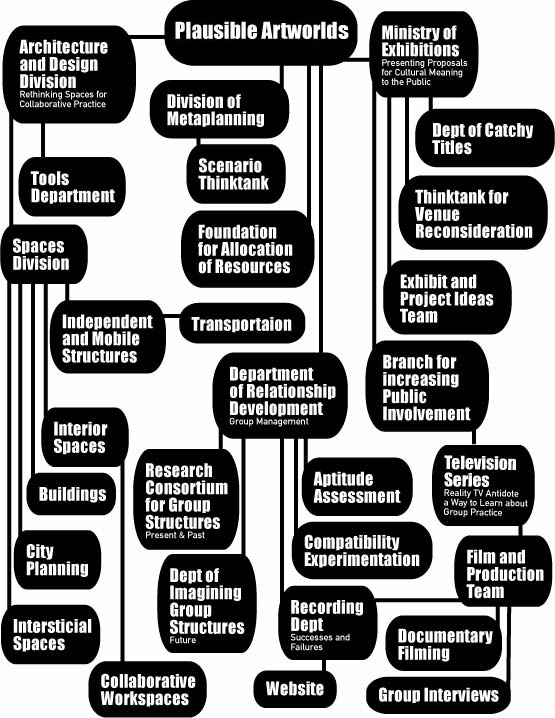Dear friends
I write this letter with a heavy heart, a few days after Israel’s attack on the Mavi Marmara. The power of the flotilla campaign is in how it provokes us to understand the occupation as a function of a global regime — in which we are all a part, with which we are complicit. But mainstream media debates in the US would have us focus on whether or not the activists used metal poles when a heavily armed commando unit descended upon them in the middle of the night. Once again, it is the activists who are to appear as “violent”, in a normalized order of things in which “stability” and “way of life” for some are predicated on the controlled exposure to death of millions of others.
But you asked about interventionist art, so I shall begin again.
Dear friends
10 years ago the discourse around interventionist art was still relatively new to my students in Florida – even though many practices described as “interventionist” seemed familiar, particularly for those students with activist backgrounds. In our discussions about what these terms may mean, we tried to look at how and where they were used, what claims were being made and by whom? More importantly, we tried to chart what were some of the effects of this emerging discourse: what was changing, what was staying the same? How was the discourse itself changing over time, and what did this change do?
It seemed clear to us that this was our question, and by this I mean that the intervention-ist tactic emerges from and within the privileged spaces of neoliberal globalization – the smooth spaces where social conflict is rendered invisible, where we become subjects through our enjoyment and our “way of life”. It also seemed clear that “intervene” meant “intervene into the political”, and that the search for oppositionality was in relation to a politics of visibility – based on the assumption that increased representational visibility is linked with political agency. But intervention has at times also complicated notions of visibility, in the sense that it has tended toward disrupting the processes by which things become normalized or “hidden in plain sight”. And it has often been accompanied by much experimentation with, and debate around, what we could call an ethics of conflict – an attempt to explore ways of practicing social conflict that are an alternative to violence and annihilation.
However, we have also seen how the massive deployment on the international art circuits of interventionist, relational and socially-engaged art has worked to defuse the threat of more widespread confrontational or oppositional processes – so that the success of intervention as an art genre, its mobilization within the circuits of capital, has also worked to produce a certain normalization or, as the organizers of the Art Goes Heiligendam project have stated in their promos, “de-escalation” (the discussions around this very project and the critical response by HOLY DAMN IT and others can, I think, serve as an instructive case study for understanding how the larger dynamic can be seen to operate in specific conditions).
So where are we now – especially if the “we” asking is art teachers and students struggling in increasingly corporatized institutions?
The rise of interventionist practices/discourses has given my students an alternative way of imagining their occupation, at least an alternative to that of producer of commodities – a different understanding of an artist’s work, a different set of possible colleagues, interlocutors, communities and social arrangements, a different set of possibilities for coexistence. In a sense, this may have been the greatest opening for young artists in the US: the possibility for a reorganization of the conditions in which artists live and work. However, in the absence of more widespread struggles for systemic change, this reorganization cannot be actualized, cannot become a lived reality – not for students who are heavily indebted, who pay for college by going to war, whose families have lost homes and safety nets, who are watching the oil spill deep into their lives. We face the limits of artistic intervention and of course of the artistic paradigm itself in opening up possibilities for social relations that are not determined by our relation to capital. In other words – without social processes at all scales, whatever we may designate as an artistic arena or an artistic process that is “interventionist” does not seem to me to be propositional.
You asked me to write about intervention based on my work with the 6Plus collective. At first I found this curious, perhaps because our work has been much “quieter”, more implicit in how it attempted to disrupt or intervene, focusing instead explicitly on supporting certain institutions, communities and practices. Still, the overall project is one that desires to unmask, to disrupt a normalized logic, and our experience can also serve as an example of the contradictory dynamics and limitations I mentioned above.
As you know, 6Plus organized traveling art exhibitions of work by US and Palestinian women artists, both in the Occupied Territories of Palestine and in the US. We also conducted several workshops and experimental media projects with young women in Dheisheh Refugee Camp in the West Bank. I think the most important thing to understand about this work is this: it comes out of a struggle to understand how we might act in solidarity with our dear friends in Dheisheh. And solidarity is based in action, in a specific sense, as the Compass group remind us in their developing glossary: solidarity hinges on being recognized in the eyes of another as an ally, based on one’s actions. This also requires finding (or creating) the specific institutional, social and political conditions under which such a relation is possible.
Even though there are several international non-profits doing remarkable work in Dheisheh, our experience has lead us to working within the framework of the (then much besieged) Al Feneiq Cultural Center. This is a self-organized and self-built institution, run by members of the camp Popular Committee, itself an expression of the self-governing process which began during the first intifada. Due to the very purposeful conditions of our engagement in Dheisheh, our activities became part of a specific struggle, and our work became accountable to it.
However, at the request of the Dheisheh organizers and staff, we have also developed print, video and web-based works intended for international circulation through mainstream educational and cultural institutions. This at once reframes our relationship with the Dheisheh community under conditions of extreme asymmetry, and removes our activities from the immediate context of the struggle which gave them meaning and initial form. Much of our internal conflict over the slippage between these two arenas of action, and the ways they each structure a range of possible relations between different co-participants and “publics”, is traced in a brief essay published in Third Text. It remains quite current, and I hope you will access it on the 6Plus website.
My best wishes?
Rozalinda
 Filed under: news
Filed under: news





